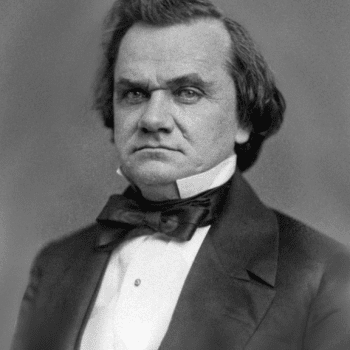Here is The Manhattan Declaration, “A Call of Christian Conscience” put together by over 150 Christian leaders:
Christians, when they have lived up to the highest ideals of their faith, have defended the weak and vulnerable and worked tirelessly to protect and strengthen vital institutions of civil society, beginning with the family.
We are Orthodox, Catholic, and evangelical Christians who have united at this hour to reaffirm fundamental truths about justice and the common good, and to call upon our fellow citizens, believers and non-believers alike, to join us in defending them. These truths are:
1. the sanctity of human life
2. the dignity of marriage as the conjugal union of husband and wife
3. the rights of conscience and religious liberty.
Inasmuch as these truths are foundational to human dignity and the well-being of society, they are inviolable and non-negotiable. Because they are increasingly under assault from powerful forces in our culture, we are compelled today to speak out forcefully in their defense, and to commit ourselves to honoring them fully no matter what pressures are brought upon us and our institutions to abandon or compromise them. We make this commitment not as partisans of any political group but as followers of Jesus Christ, the crucified and risen Lord, who is the Way, the Truth, and the Life.
At the linked site you can download the complete document, which develops these key ideas, and, if you wish, sign the declaration yourself, which so far has nearly 200,000 signatures.
(1) Do you agree with the Manhattan Declaration, and is it a good commitment for Christians and Christian institutions to make?
(2) I don’t believe there were any Lutherans among the 150 original drafters of this document, though some Lutherans have signed it. This, even though there are more Lutherans in America (9 million, with 3 million conservative Lutherans) than there are Orthodox, Anglicans, and Calvinists). Why is that?
(3) One reason may be that conservative Lutherans, at least, tend not to be “ecumenical.” Some signers are being criticized for participating in an ecumenical venture. (This is not just a Lutheran issue. In the one example I know about, neither the signer nor his critics are Lutherans.) But is this statement of moral commitment to principles under attack by our secularist culture really an ecumenical document of the sort that involve church fellowship? We say with other churches the “ecumenical” creeds. Can’t we similarly agree with other churches on a statement of Christian morality? Or is there a reason why Christians of varying confessions should avoid making such declarations?
(4) Is it wise to make a Christian declaration that speaks only of the Law and not the Gospel, possibly creating the impression that “followers of Jesus Christ, the crucified and risen Lord” are primarily all about moral principles, rather than proclaiming Christ’s forgiveness to those who violate them?
















